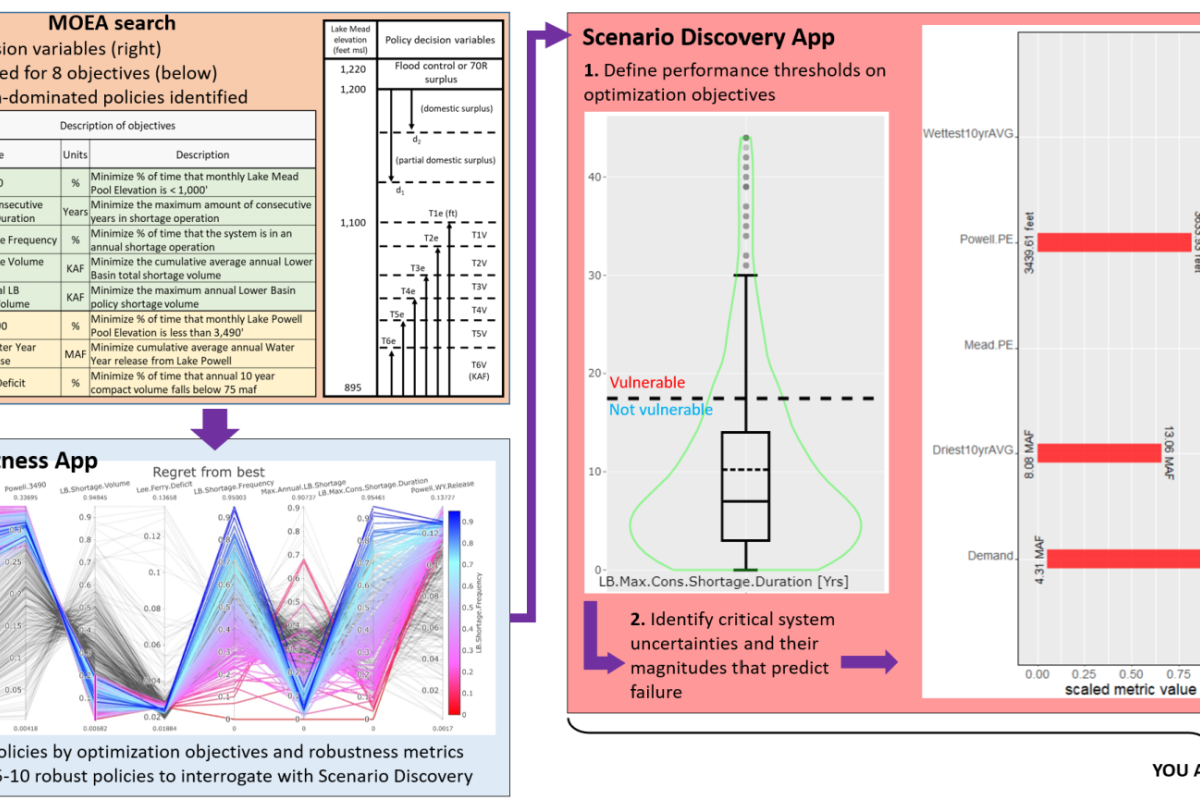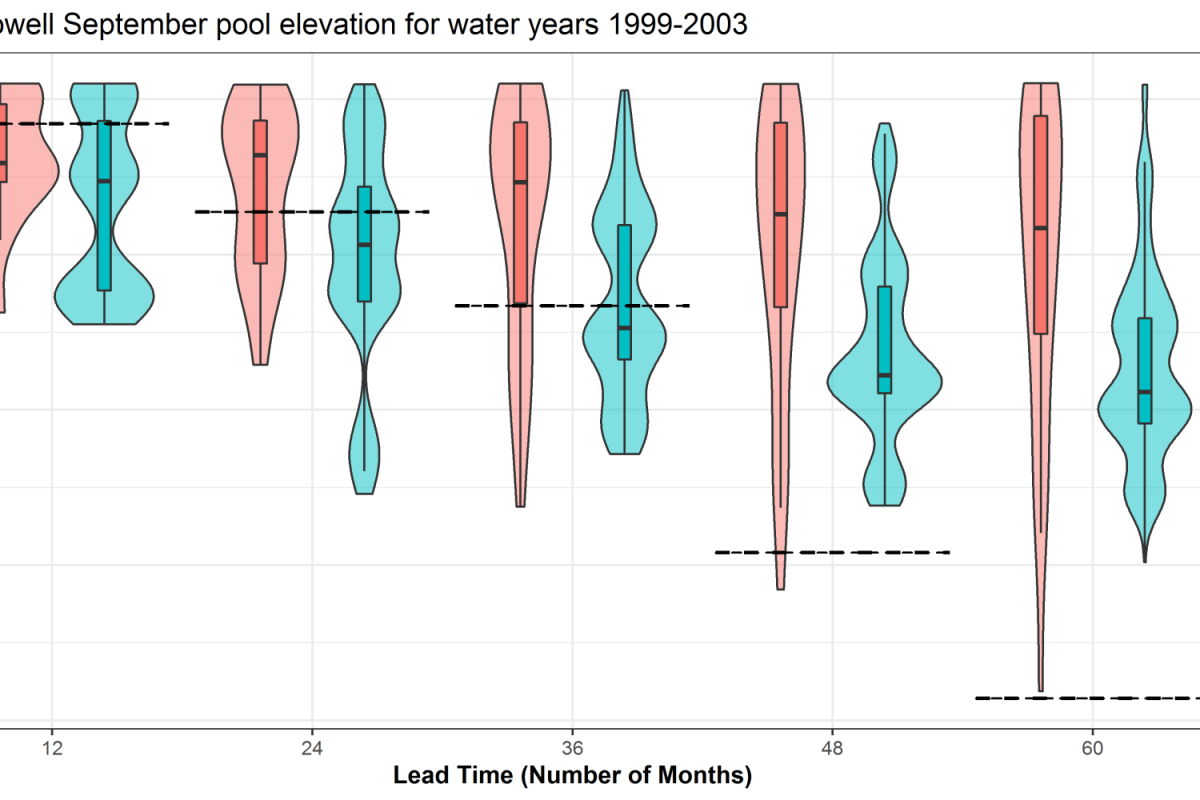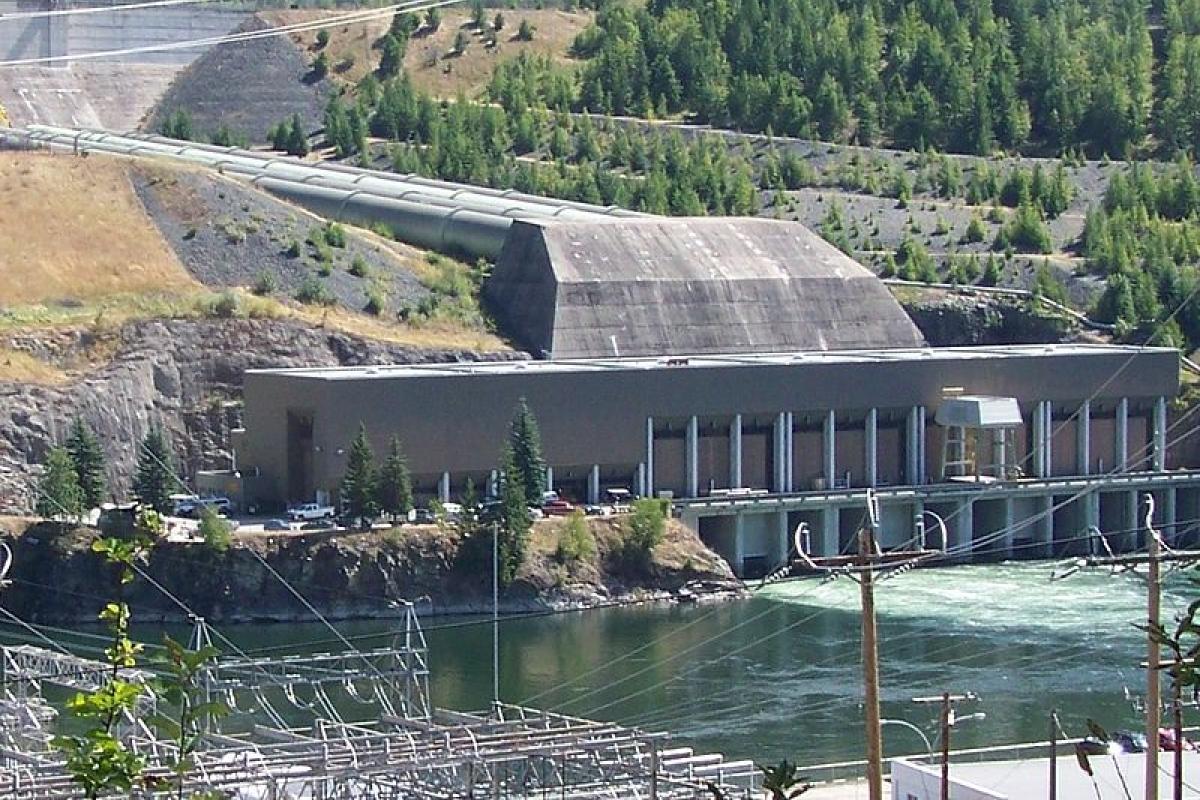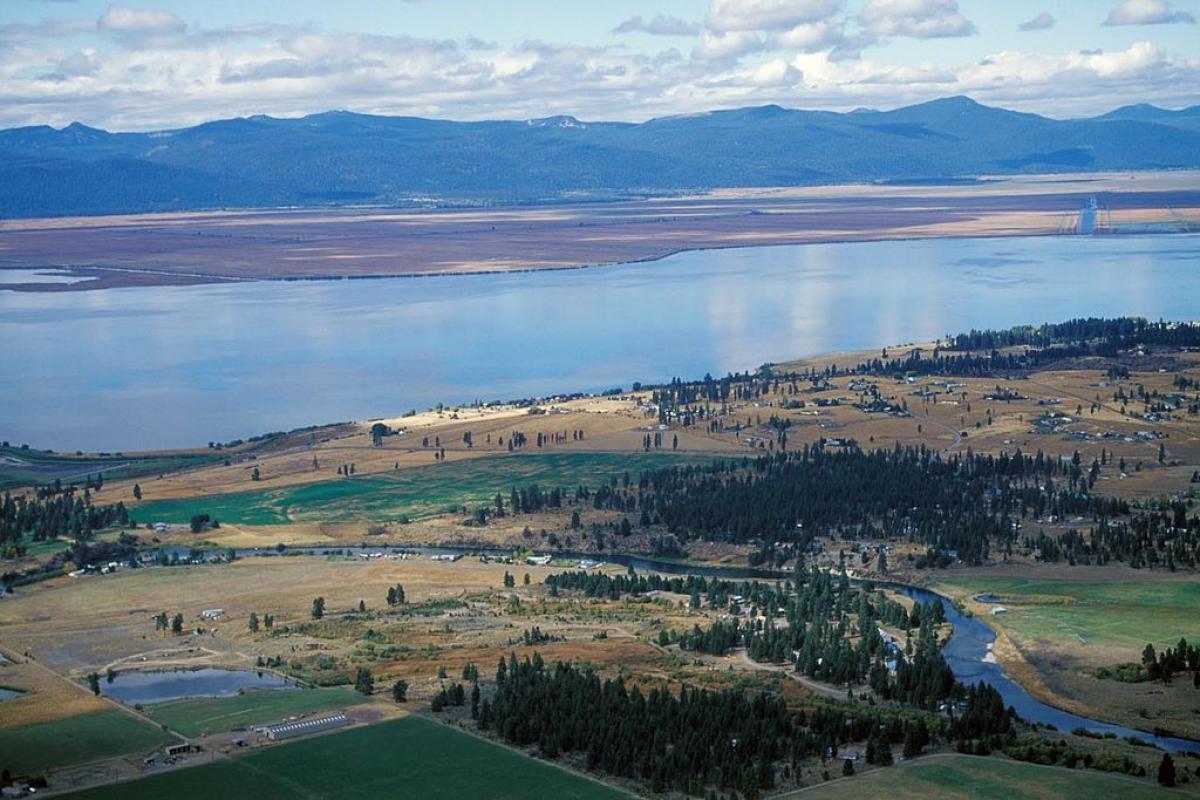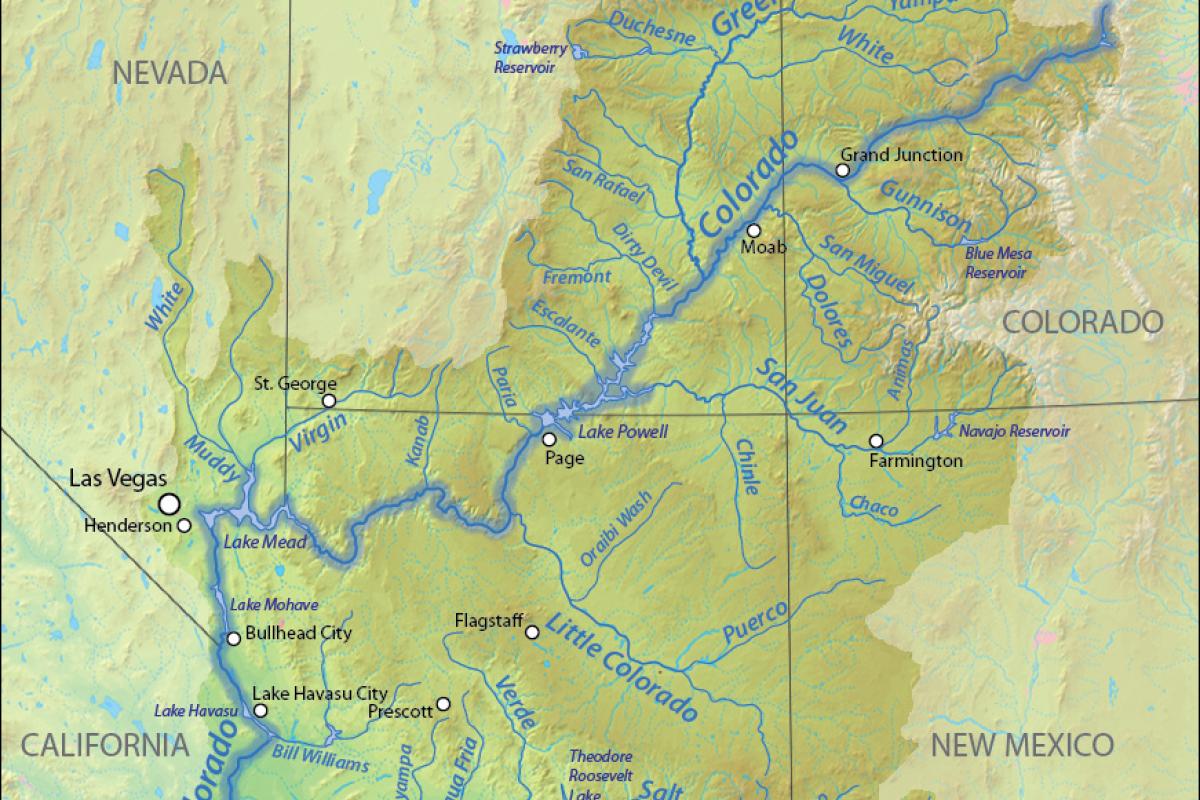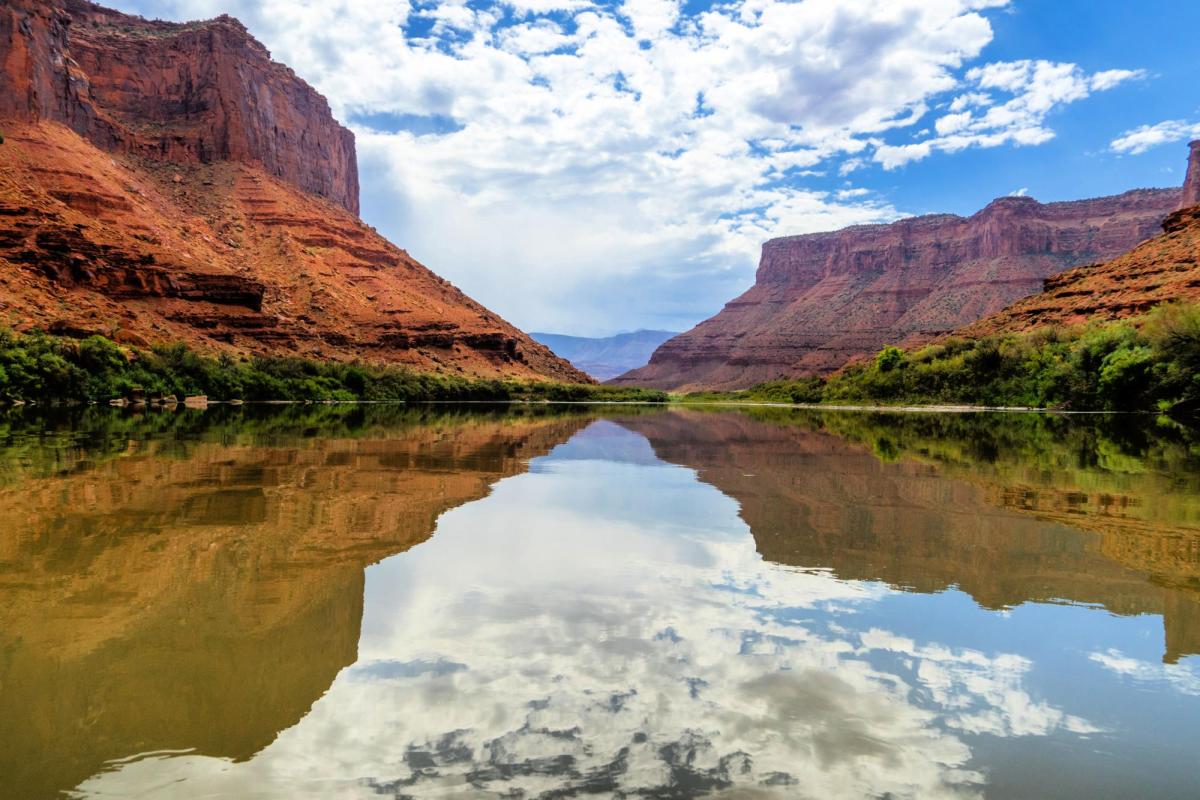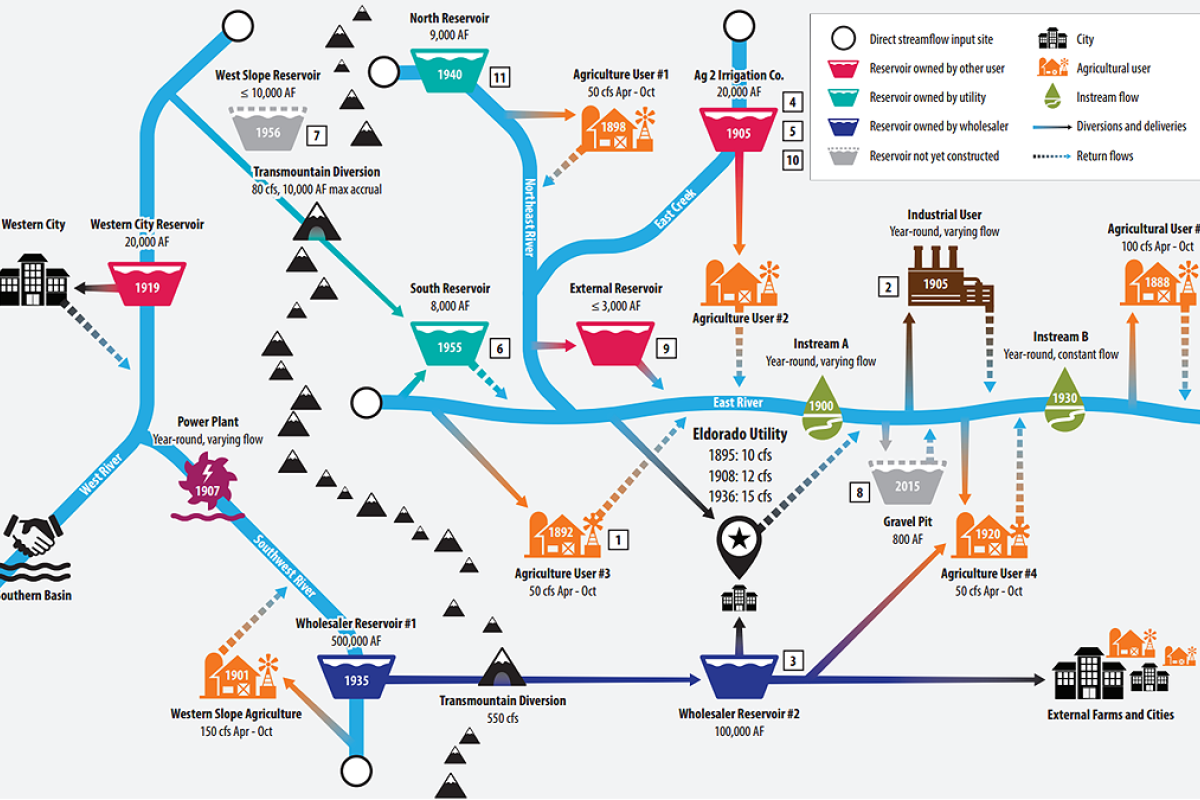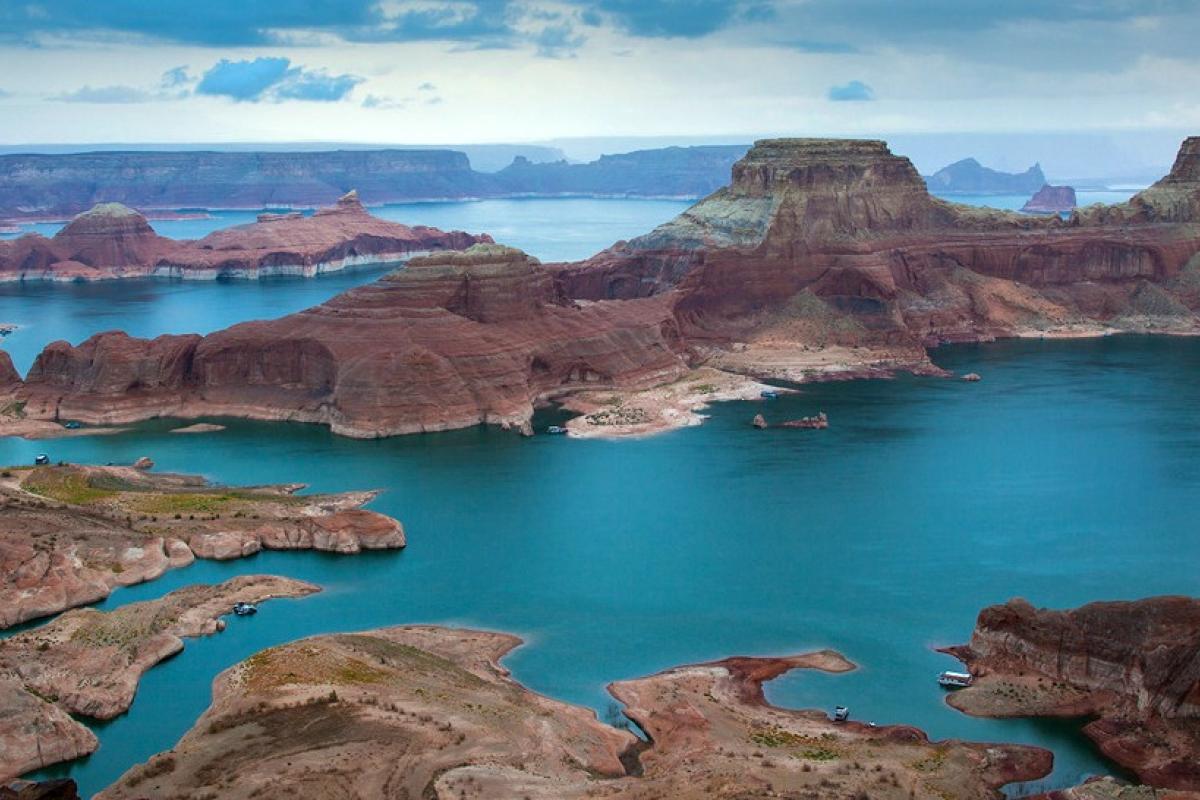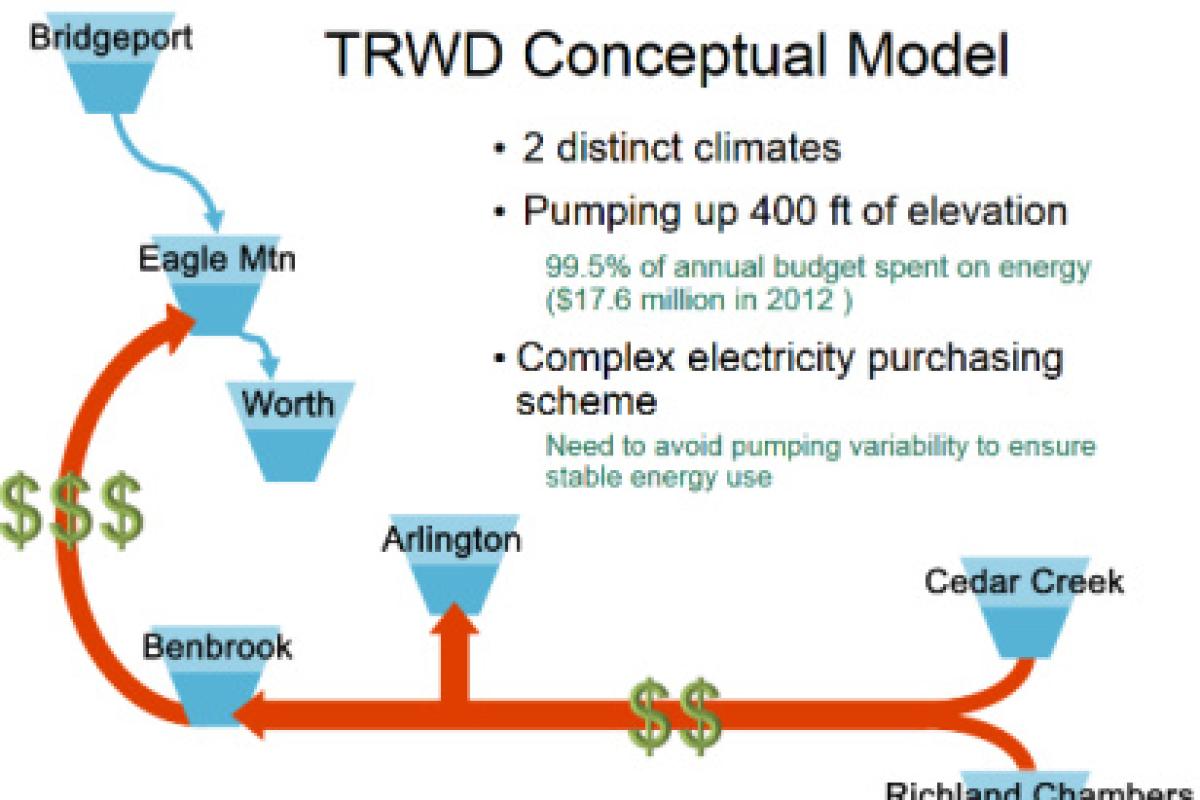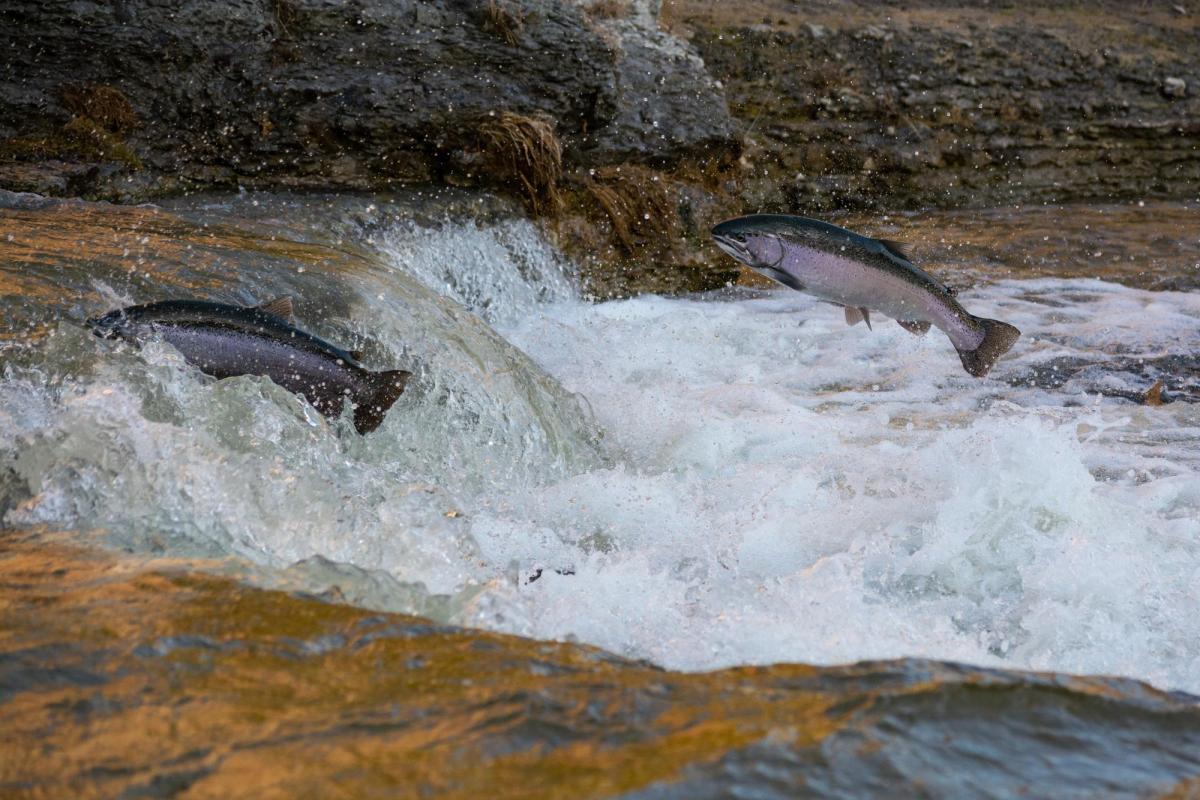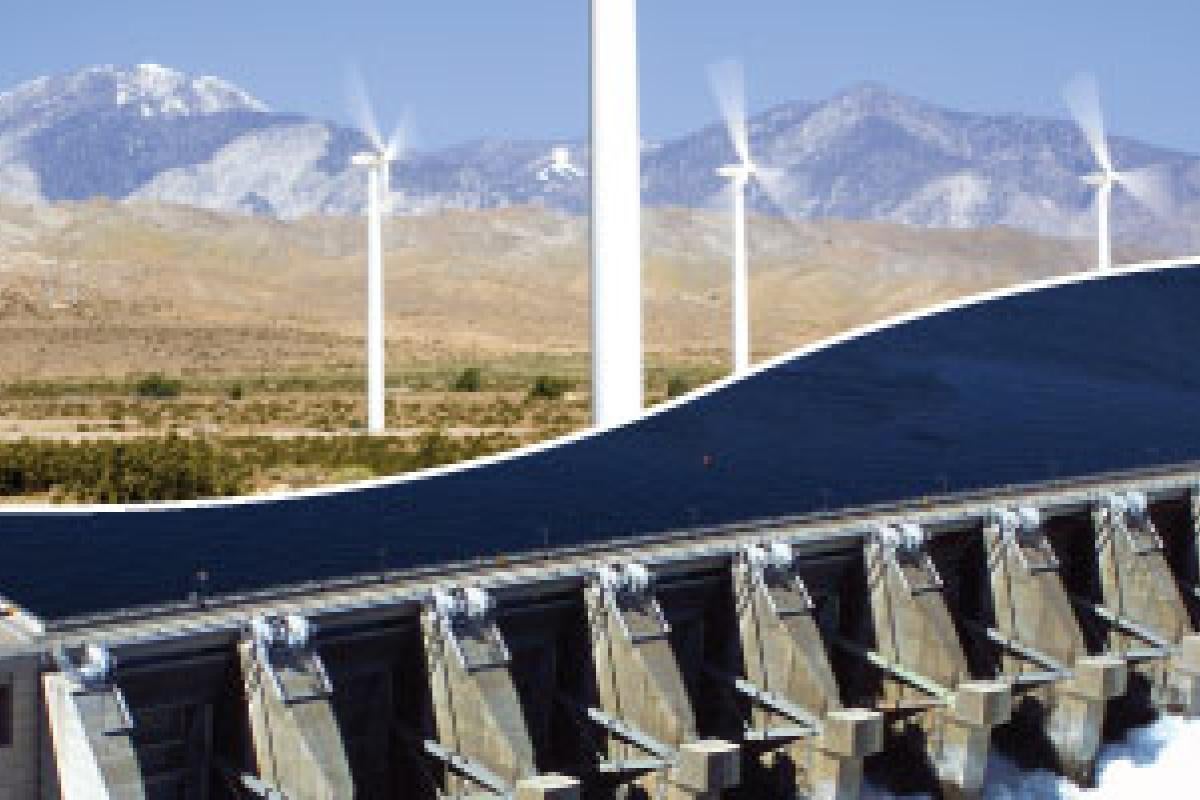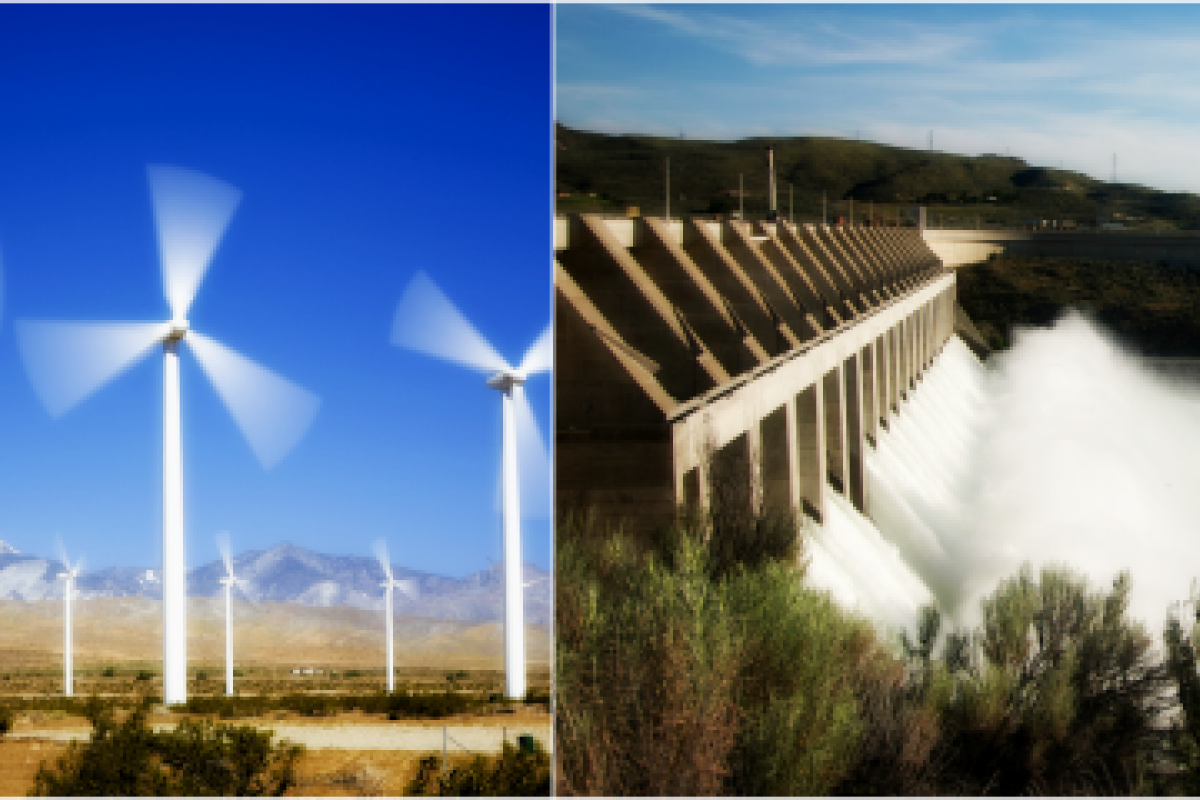Research
CADSWES research focuses on natural resource management, particularly the sustainable management of multiobjective water resource systems in areas such as:
- Climate change adaptation
- Modeling of multiobjective water resource systems
- Improved short- and long-term forecasting under hydrologic variability
- Hydropower optimization
The center’s research aims to develop techniques that can be applied by water management agencies. Research projects are typically funded by federal agencies such as the Bureau of Reclamation and the Department of Energy.
Our research and development emphasis includes a strong platform for graduate student education—building the next generation of sustainability-focused natural resource researchers and practitioners.
This research applied and extended the concepts of Many Objective Robust Decision Making (MORDM) to develop a long-term planning framework in the Colorado River Basin (CRB).
This research investigates the hydroclimate of the Colorado River Basin and seeks to improve forecasts of mid-term flow projections with one- to 10-year lead times.
This study aims to analyze the effects of typical hydropower system operating policies and system characteristics on operational flexibility that could be used for increasing net power revenues.
This study assists the Bureau of Reclamation with analysis and tools for flexible reservoir operations in the context of changing hydrologic conditions, upcoming changes in infrastructure and new management objectives and policies based on updated environmental regulations.
Classical decision-making frameworks do not hold up as water resource systems become more complex and future climatic conditions are poorly known. This study explores innovative planning approaches for conditions of deep uncertainty and demonstrates an application of the many-objective robust decision making (MORDM) method.
A testbed was developed to assess streamflow forecasts and operational projections in the Colorado River Basin, including out-year uncertainty and error. Another testbed was created to establish a testing protocol for streamflow forecasts and operational projections.
In collaboration with our partners at six diverse water utilities on the Front Range of Colorado, we developed a broadly applicable case study for modeling water resources systems under varying climate scenarios.
A monthly timestep model of Lake Powell was developed and analyzed to observe and understand temporal and longitudinal trends in salinity and temperature.
Effective water resources planning requires informed decisions on decadal timeframes. This study developed a stochastic streamflow simulation model and decadal-scale streamflow projections based on large-scale climate indices.
Multiobjective evolutionary algorithms (MOEAs) are useful in optimizing complex water management problems with many conflicting performance objectives. This study expands on the methodology by embedding a RiverWare model in the algorithm search loop.
Some reservoir operations may be constrained by maximum allowable total dissolved gas (TDG) concentrations, which are associated with fish mortality. This study implemented TDG modeling in a general hydropower optimization model to help guide hydropower operations.
This study used RiverWare to optimize the operation of hydropower facilities, accounting for defined objectives and constraints while maximizing hydropower participation in the production of electricity and ancillary services.
This study used RiverWare to develop a method to evaluate the value of hydropower-wind integration that more realistically accounts for the limitations on hydropower flexibility imposed by constraints from environmental and water management objectives.


